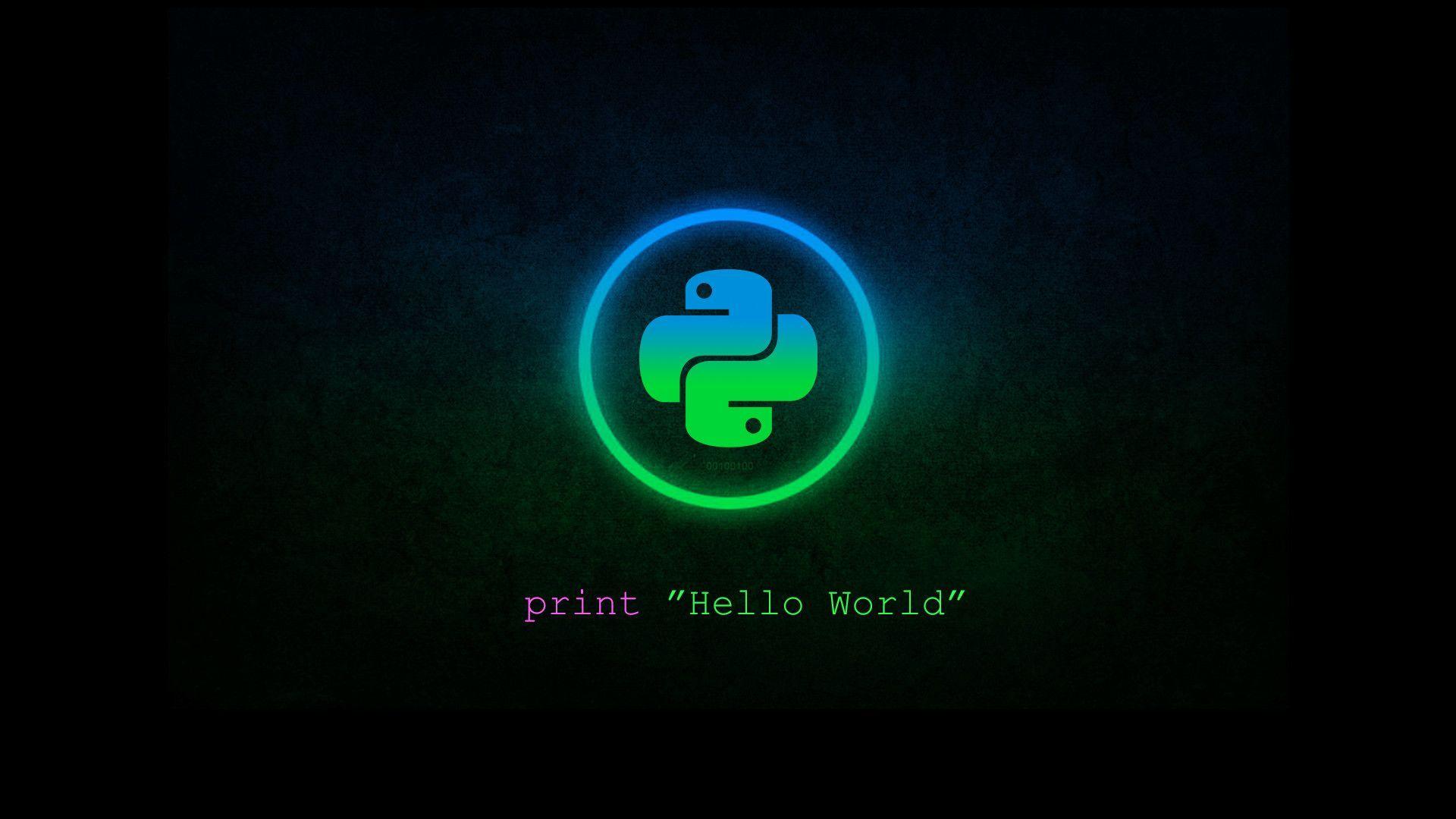
What is debouncing and why it is important?
Understanding the Concept of Debouncing
In the realm of electronics and programming, debouncing is a critical technique, especially when working with mechanical switches or buttons. When a switch or button is pressed, it often generates multiple transitions between states before settling into a final state. This phenomenon, known as "bouncing," can lead to multiple unintended signals being registered. Debouncing is the process used to filter out these false signals and ensure a clean, single transition.
Why is Debouncing Important?
Debouncing is essential for ensuring the accuracy and reliability of input signals. Without debouncing, a single press of a button might be interpreted as multiple presses, causing erratic behavior in electronic devices or software applications. This is particularly problematic in scenarios requiring precise input, such as user interfaces, data entry systems, and control systems.
The Physics of Bouncing
When a mechanical switch is actuated, the contacts inside the switch do not make a perfect transition from open to closed or vice versa. Instead, they oscillate or "bounce" between open and closed states for a brief period (usually a few milliseconds). This bouncing occurs due to the physical properties of the materials and the mechanical action of the switch. As a result, a single press can generate a series of rapid on-off-on-off signals before the switch settles into its final state.
Types of Debouncing
Debouncing can be achieved through hardware or software methods. Each method has its own advantages and is suitable for different applications.
Hardware Debouncing
Hardware debouncing involves using physical components to filter out the noise caused by bouncing. Common methods include:
- RC Circuits: A resistor-capacitor (RC) circuit can smooth out the noisy signal from a switch. The capacitor charges and discharges slowly, filtering out rapid fluctuations and providing a stable signal. This method is simple and effective for many applications.
- Schmitt Triggers: These are specialized circuits that convert noisy signals into clean digital signals. Schmitt triggers have built-in hysteresis, meaning they require a significant change in input voltage to switch states, which helps eliminate the effects of bouncing.
- Debounce ICs: Integrated circuits specifically designed for debouncing can be used. These ICs provide a straightforward solution for hardware debouncing and are particularly useful in complex circuits.
Software Debouncing
Software debouncing is implemented in code, offering flexibility and ease of adjustment without requiring changes to physical hardware. Common software debouncing techniques include:
- Time-based Debouncing: This method involves ignoring state changes for a specified period after the initial detection, allowing the signal to stabilize. It's simple to implement and effective for many applications.
- State Machine Debouncing: A state machine can track the state of the button and only register a change once it has remained stable for a certain period. This method provides a more robust solution for complex scenarios.
- Digital Filtering: More advanced digital signal processing techniques can be used to filter out the noise caused by bouncing. These methods are often employed in high-precision or high-frequency applications.
Debouncing in Javascript
function debounce(func, delay) {
let timeoutId;
return function(...args) {
clearTimeout(timeoutId);
timeoutId = setTimeout(() => {
func.apply(this, args);
}, delay);
};
}
// Usage
window.addEventListener('resize', debounce(() => {
console.log('Window resized');
}, 300));
Implementing Debouncing in Code
Below is an example of how you can implement time-based debouncing in Python:
import time
def debounce(button_read_func, delay=0.05):
last_time = 0
last_state = None
while True:
current_state = button_read_func()
current_time = time.time()
if current_state != last_state:
last_time = current_time
last_state = current_state
if current_time - last_time >= delay:
if current_state:
print("Button pressed!")
else:
print("Button released!")
time.sleep(0.01)
In this example, the debounce function reads the state of a button and only registers a press or release if the state remains stable for the specified delay period. This prevents the multiple false signals caused by bouncing.
Advanced Debouncing Techniques
For more advanced applications, additional debouncing techniques can be employed:
Interrupt-based Debouncing
In embedded systems, interrupts can be used to detect button presses. Combining interrupts with software debouncing ensures a highly responsive and accurate input system. Here’s a basic outline of how this can be achieved:
import machine
import utime
debounce_time = 50 # 50 ms debounce time
button_pin = machine.Pin(14, machine.Pin.IN, machine.Pin.PULL_UP)
last_press_time = 0
def button_handler(pin):
global last_press_time
current_time = utime.ticks_ms()
if utime.ticks_diff(current_time, last_press_time) > debounce_time:
print("Button pressed!")
last_press_time = current_time
button_pin.irq(trigger=machine.Pin.IRQ_FALLING, handler=button_handler)
In this example, an interrupt is triggered on the falling edge (button press) of the signal. The handler function checks if the specified debounce time has passed since the last press before registering the event.
Machine Learning for Debouncing
In advanced applications, machine learning algorithms can be used to distinguish between true button presses and noise. By training a model on various signal patterns, it's possible to achieve highly accurate debouncing, especially in environments with significant noise or variability.
Conclusion
Debouncing is a fundamental technique for ensuring reliable input from mechanical switches and buttons. Whether implemented in hardware or software, it helps to eliminate the noise and false signals caused by bouncing. Understanding and implementing debouncing can greatly enhance the performance and reliability of electronic systems and software applications.
By mastering the concept of debouncing, developers and engineers can create more robust and user-friendly interfaces, ensuring that each button press is accurately detected and processed. Advanced techniques, including interrupt-based debouncing and machine learning, provide even greater precision and reliability for complex applications.
Keywords
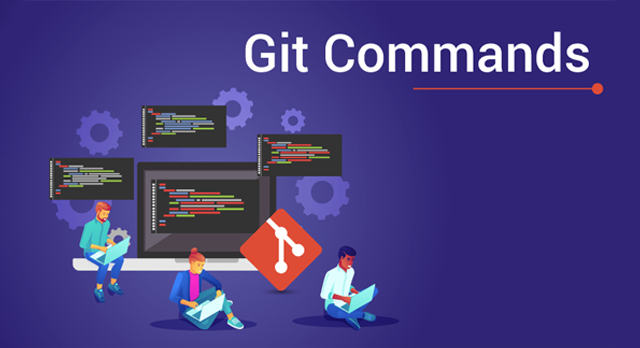
Top Git Commands you must know | Git and Github
Git is an essential tool for modern software development, enabling developers to manage and collaborate on code efficiently. In this comprehensive guide, we'll explore the top Git commands and workflo

React.js Essentials: A Beginner's Journey
React.js is a revolutionary JavaScript library for building dynamic user interfaces. This comprehensive guide takes you on a beginner's journey to master React.js essentials. Explore the core concepts

Setting Up a Linux Dedicated Server for Web Development
This article provides a comprehensive guide on setting up a Linux-based dedicated server for hosting PHP websites and Node.js websites. It is divided into two sections, one for PHP website hosting and
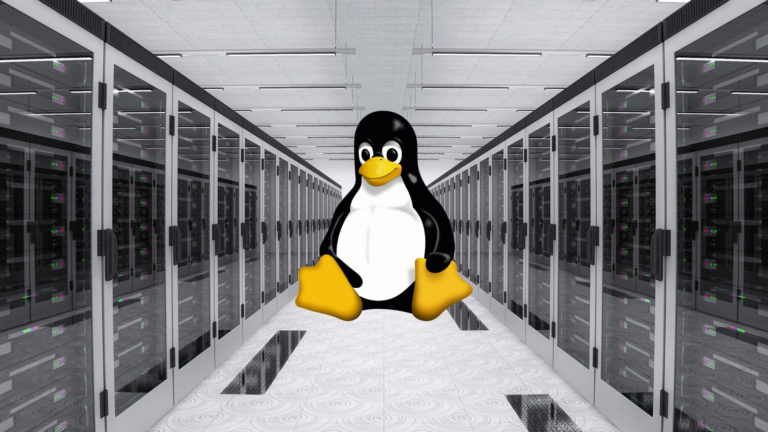
Configuring a Linux Server for Python and Ruby on Rails Development
This comprehensive article guides you through the process of configuring a Linux server for web development using Python and Ruby on Rails. It is divided into three main sections: Python Web Developme
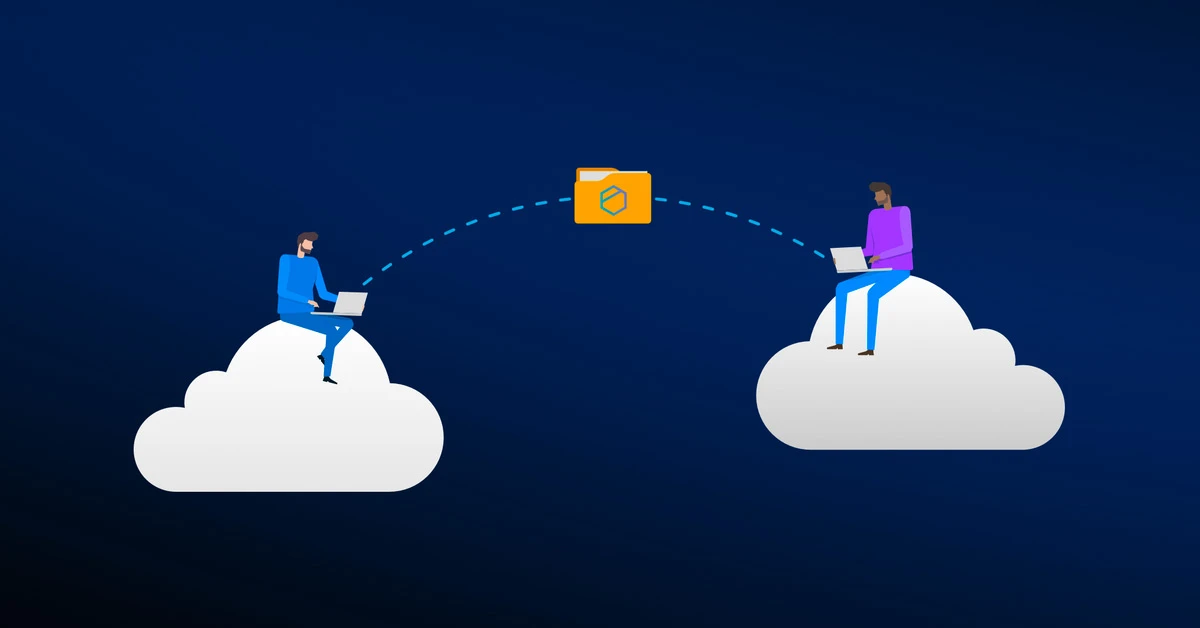
Cloud platforms : Aws, Google Cloud and Microsoft Azure
Cloud platforms offer businesses unprecedented scalability, flexibility, and cost-efficiency. This beginner's guide demystifies the concept, exploring the key players – Amazon Web Services, Mic
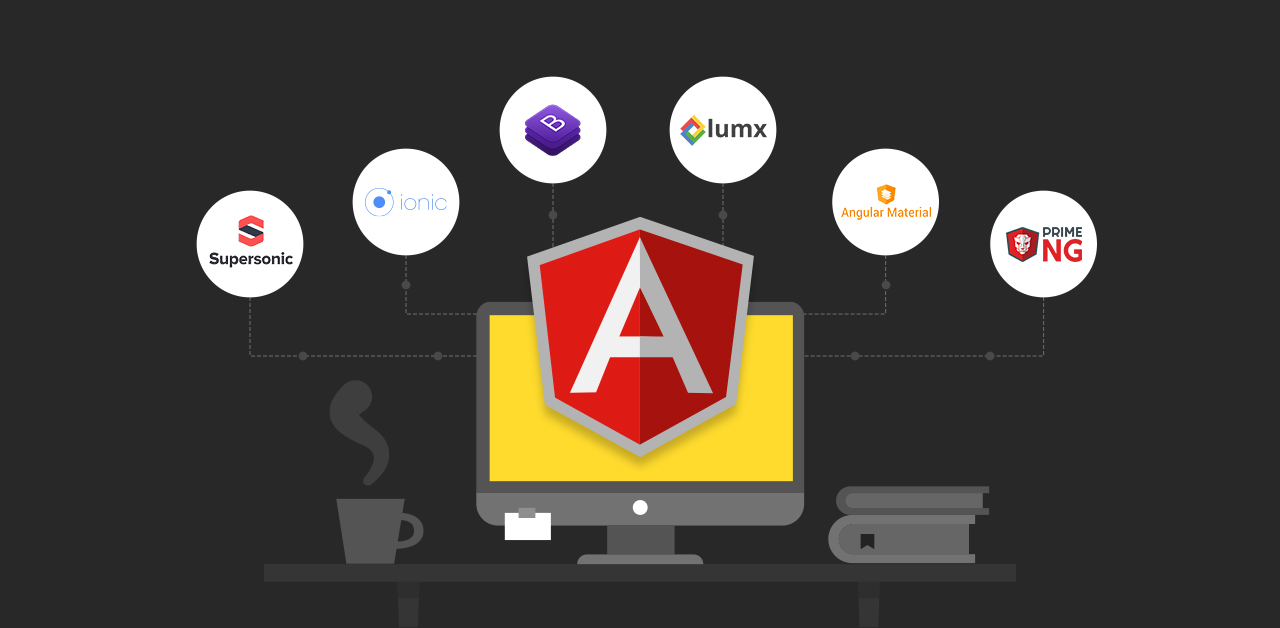
Angular js : Let's learn something about Angular js
AngularJS, created by Misko Hevery and Adam Abrons in 2009, is a powerful JavaScript framework for building dynamic web applications. This guide covers its creation, syntax, and key features, such as
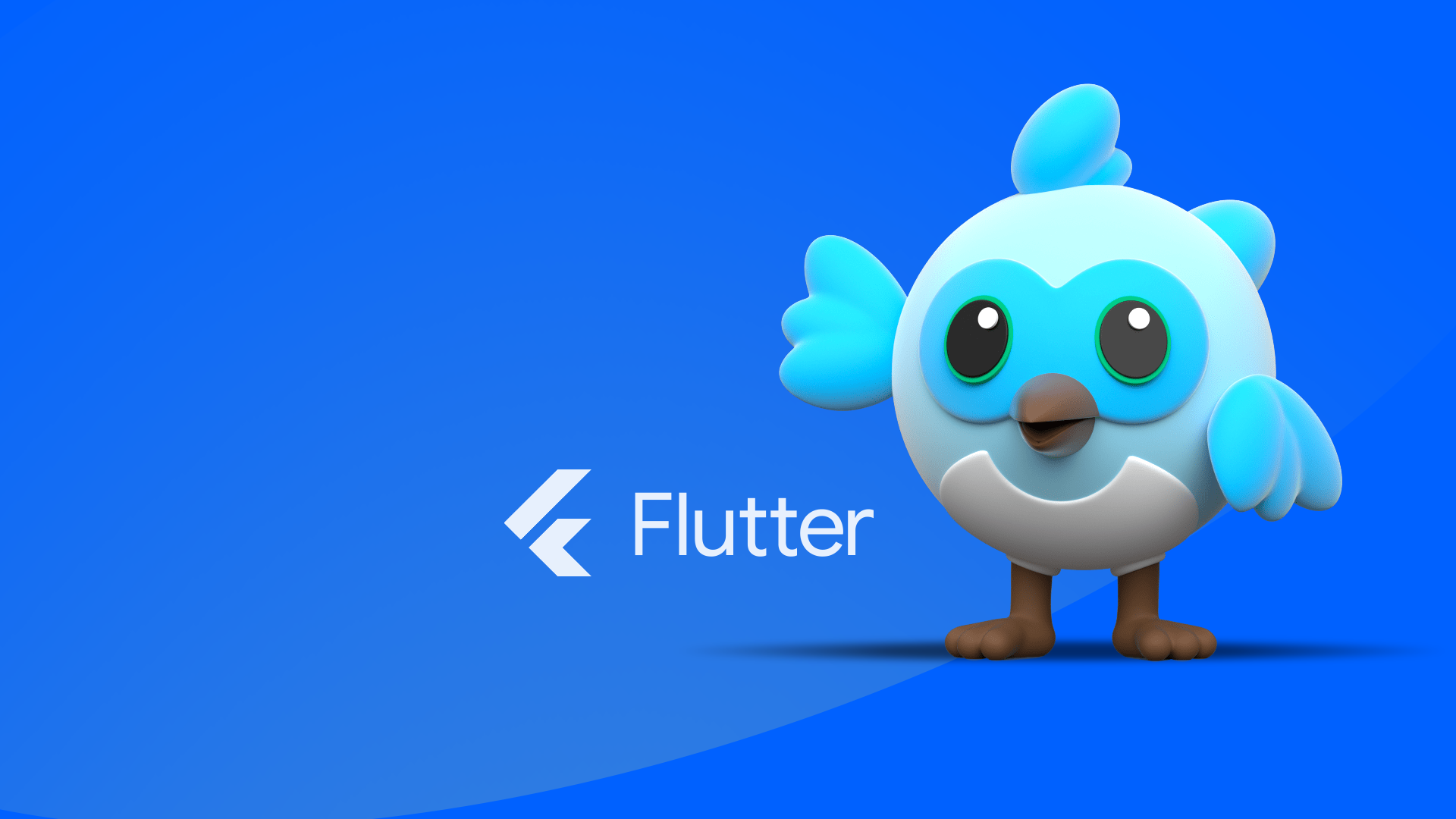
Flutter: A cross platform development technology.
Flutter is an open-source UI software development toolkit created by Google. It is used to develop cross-platform applications for Android, iOS, Linux, macOS, Windows, Google Fuchsia, and the web from

Login Interface using Flutter - Cross Platform
Flutter is a powerful framework for building cross-platform mobile applications. It provides a wide range of widgets and tools that make UI development straightforward and efficient. In this article,
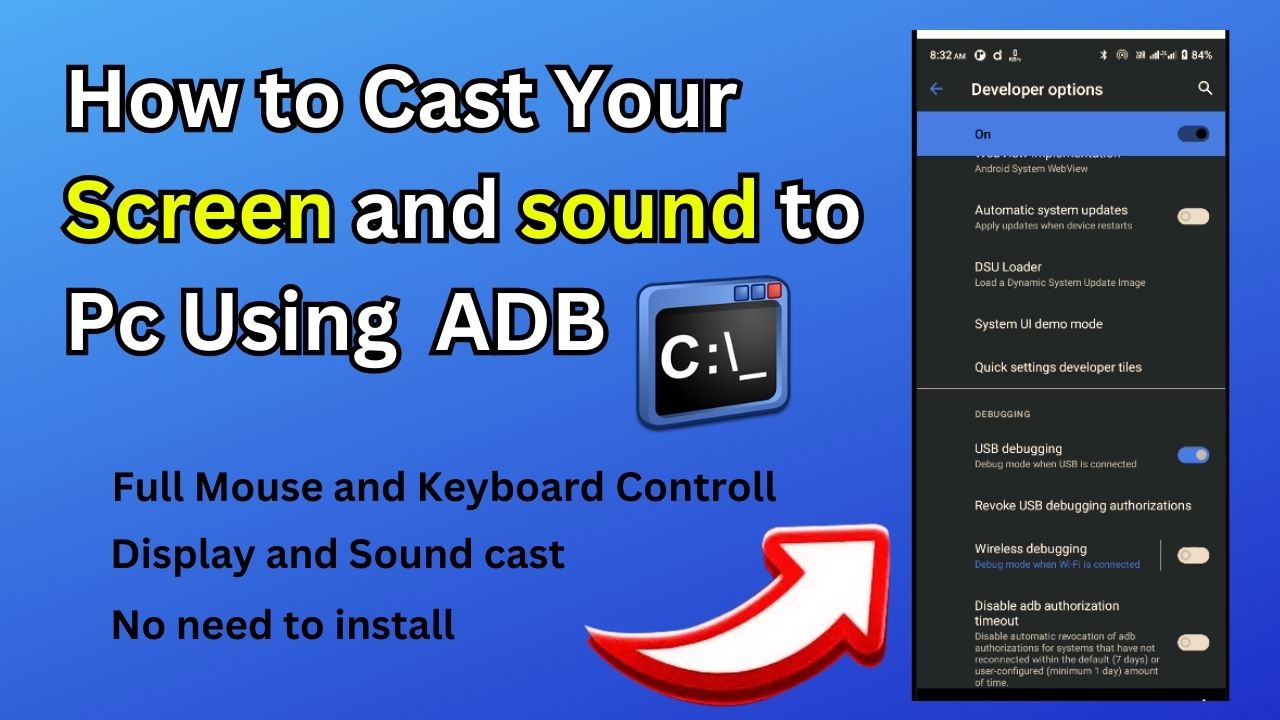
How to Cast Your Phone Screen and sound to PC without Using any third party app?
Mirroring your Android phone screen to a PC with ADB is simple. Enable USB debugging, install ADB on your PC, connect your phone, verify the connection with adb devices, and use adb platform tools to

What is debouncing and why it is important?
Discover the concept of debouncing in electronics and programming. Learn how to eliminate false signals with hardware and software techniques, including advanced methods like interrupt-based debouncin
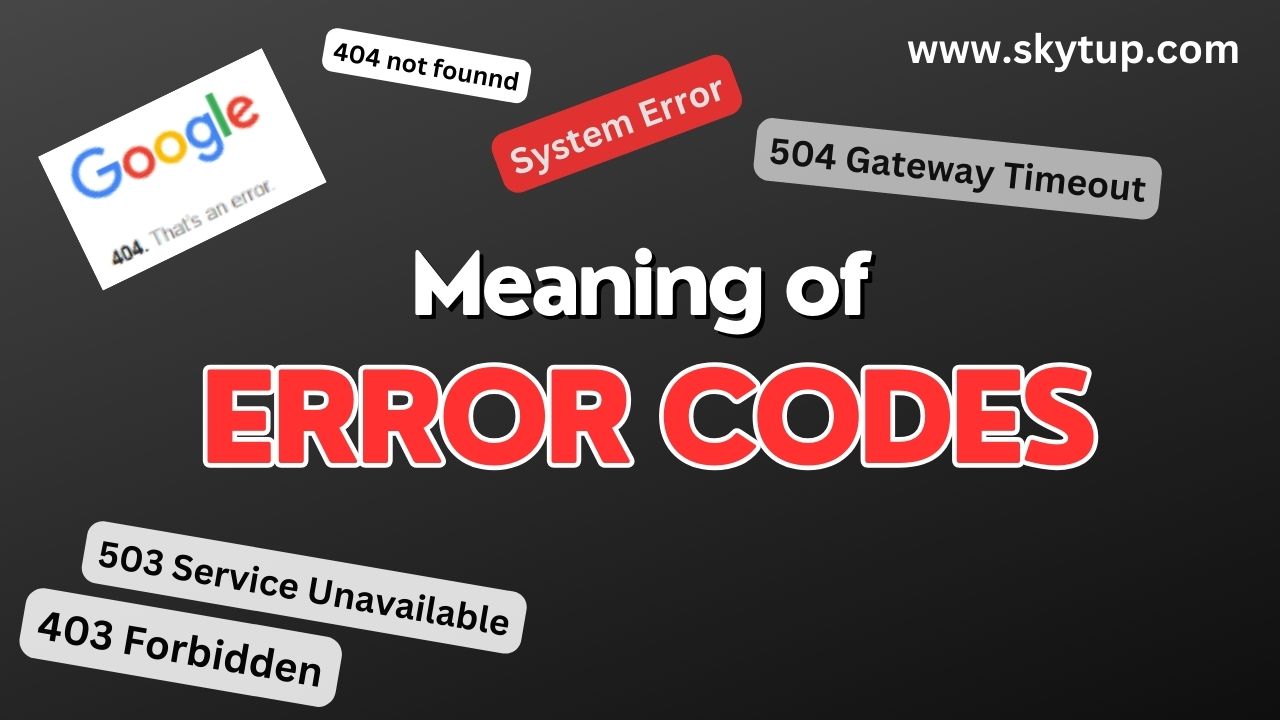
Understanding HTTP response status codes | Meaning of Http error codes
Encounter browser error codes can be frustrating, but understanding their meanings is key to troubleshooting effectively. This comprehensive guide explores common error codes, from successful response

NEET Scam 2024: Complete Report on Allegations and Actions
The NEET 2024 exam was marred by a major scam involving impersonation, question paper leaks, and bribery. This report details the allegations, investigation findings, and actions taken by authorities

JavaScript Event Listeners: Enhance Your Web Interactivity Using Multiple Types Of Event Listeners
"Discover the power of JavaScript event listeners to create dynamic, user-friendly web applications. This guide covers all you need to know about event listeners, their syntax, and practical examples

Top 10 Chrome Extensions You Must Use as A Pro Developer and Coder?
Enhance your coding productivity with these 10 essential Chrome extensions. From powerful editors like Visual Studio Code Extension to useful tools like Postman and Lighthouse, these extensions stream

Introduction to Three Js : A Powerfull Javascript Library for 3D Graphics and Web Designing
Explore Three.js, a powerful JavaScript library for creating stunning 3D graphics on the web. This comprehensive guide covers core concepts, basic setup, advanced features, and real-world applications

Big O Notation : explain the significance of big o notation in algorithm analysis
Big O notation is crucial in computer science for analyzing algorithm efficiency. It simplifies performance comparison, scalability analysis, and optimization guidance. Understanding time complexities
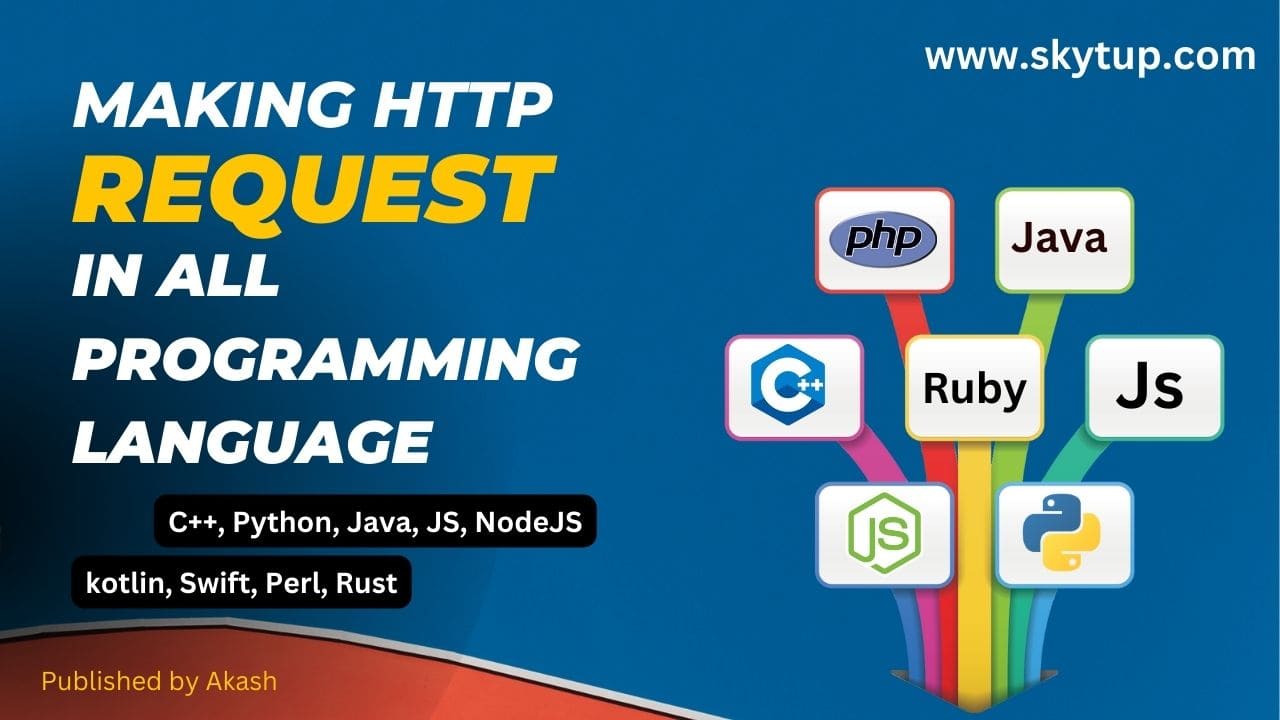
How to Make HTTP Requests in Multiple Programming Languages: JavaScript, Python, Java, Node Js, Php, Android and More
Learn how to make HTTP requests in multiple programming languages including JavaScript, Node.js, C++, Python, PHP, Ruby, Java, Go, Android Studio (Java), Swift (iOS), Perl, Rust, and Kotlin. This comp
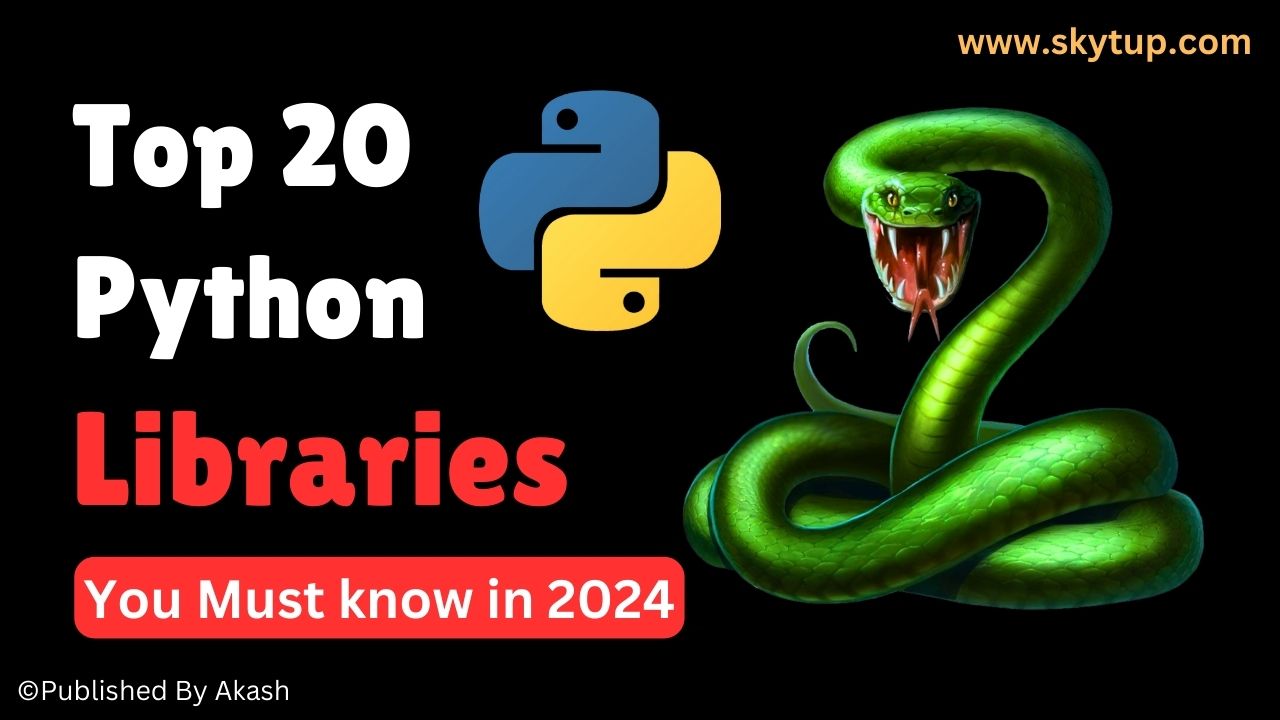
Top 20 Python Libraries You Must Know in 2024 for Data Science, Web Development, and More
Discover the top 20 Python libraries essential for 2024, spanning data science, machine learning, web development, and automation. From NumPy and Pandas to TensorFlow and Flask, these libraries are cr











